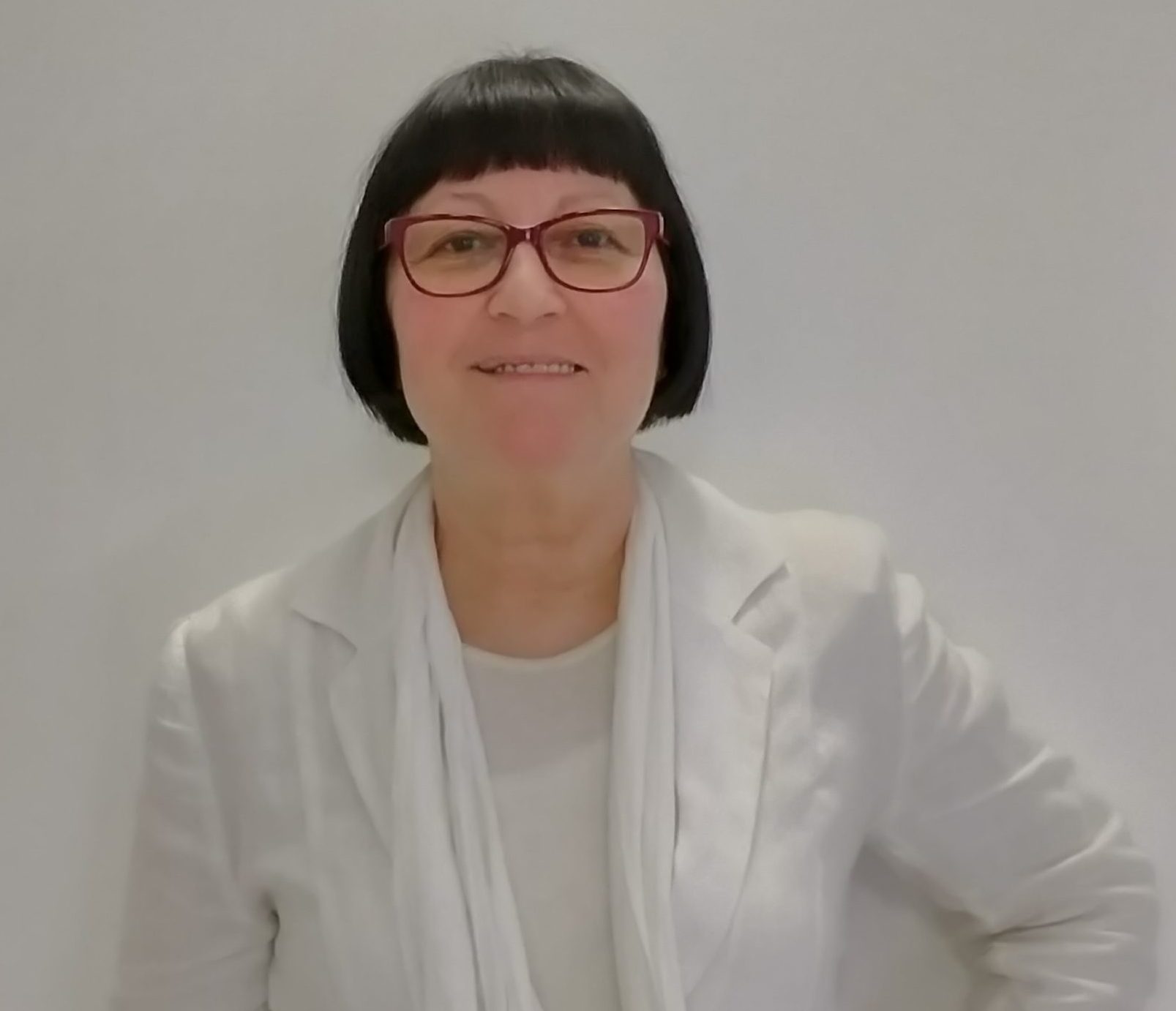
When Shoshana Greenberg was 12, her father, Israel Bornstein, wrote down the addresses of properties he used to own in the Polish city of Lodz. The list was long. The Bornstein family were the Rothschilds of Lodz, her father explained. They were textile manufacturers who owned large swaths of the city that today are worth billions. “Cast a stone in any direction in Lodz and you’ll hit a Bornstein property,” Greenberg said. Her father told her that if she ever had it in her to fight the Poles, she should take back what is rightfully hers. In 2016, after a years-long legal battle that cost tens of thousands of dollars, Greenberg, 72, was asked to fly to Lodz to testify in court.
She was determined to travel alone, despite her children’s insistence otherwise. With steely resolve, Greenberg took the witness stand. “I felt very strong. I felt like it wasn’t me speaking, it was my father,” she said. “And the words out of my mouth were fighting for all the victims.” The judge ruled that Greenberg was the rightful heir to a 1.7-acre industrial complex.

“I was so happy,” Greenberg said. “Mostly because I felt like I had saved my family’s honor. They had already been murdered a million times over.”
However, her elation was short-lived. The land registrar would not accept Greenberg’s request to register the property in her name. According to Greenberg, there is no correlation in Polish law between inheritance and ownership. She said the Polish authorities are “con men and predators” who demanded documentation they know she’ll never be able to provide. “My father didn’t leave Auschwitz with documents.”
Israel Bornstein’s first wife had died of shock after their 5-year-old daughter was snatched by the Nazis in front of his eyes in the Lodz ghetto. Bornstein was the only one of his siblings to survive Auschwitz. After World War II, Bornstein remarried and Shoshana was born in a displaced persons camp in Germany. A year later, the three immigrated to Palestine on an illegal immigrant ship. Bornstein trekked through the Holy Land with his baby daughter tied to his head on a pillow.
While prohibitive costs and the coronavirus pandemic have frozen the battle in court for now, the court of public opinion remains open, Greenberg said. “We can never let this be erased from the global agenda. We need to open up and tell our stories.”
Greenberg is one of thousands of people participating in a global social media drive called #MyPropertyStory. The five-week campaign by the World Jewish Restitution Organization (WJRO) aims to shine a light on the theft of property from Jewish people and communities by the Nazis and their collaborators.

Despite the toll her fight against the Polish authorities has taken on her, both financially and emotionally, Greenberg has no regrets.
“I’m not doing it for myself,” she said. “I’m doing it for my grandchildren, so they’ll know their history, and for all the Jewish people who lost property.”
You can see Shoshana Greenberg’s story here.
The WJRO is asking the children and grandchildren of survivors to post their stories through videos, photos, statements or drawings via Facebook, Twitter and/or Instagram, and include #MyPropertyStory and tag @WJRORestitution.
Correction: A previous version of this story incorrectly stated that Shoshana Greenberg’s father’s first name was Shlomo.







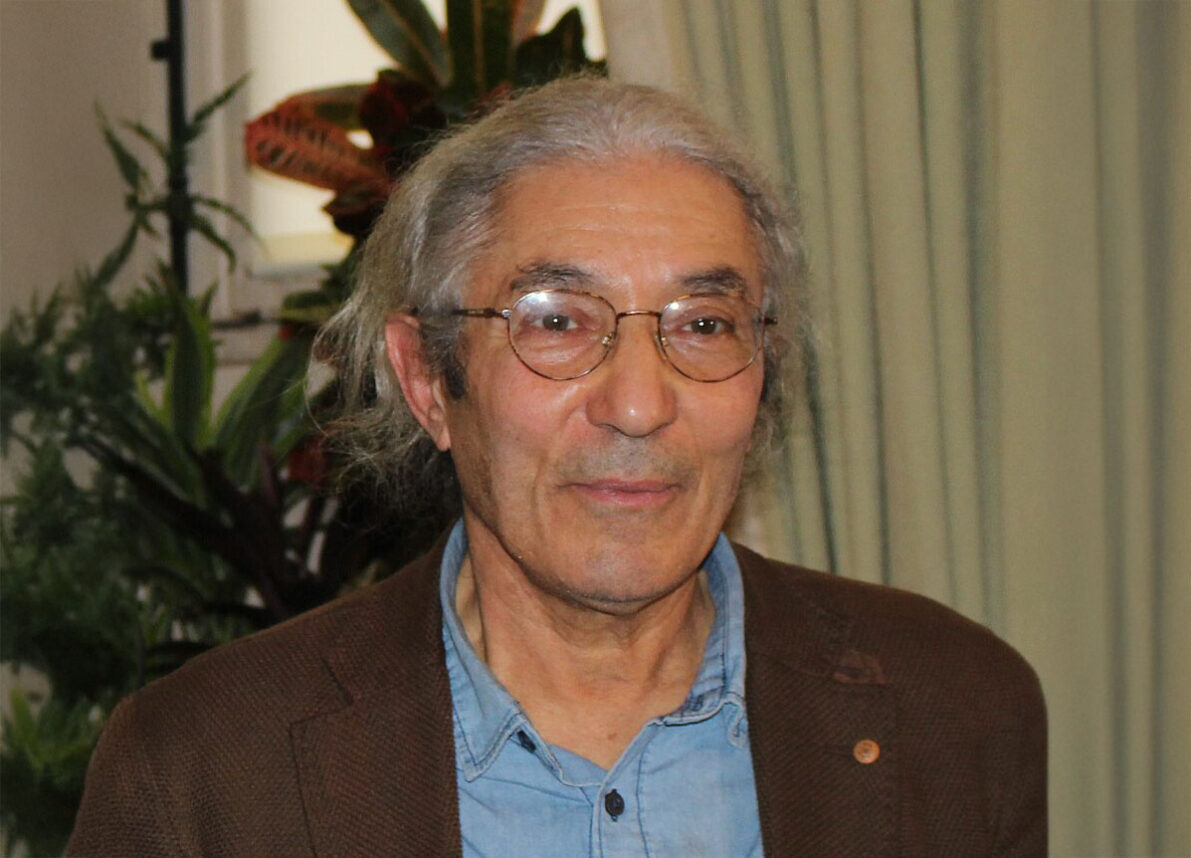
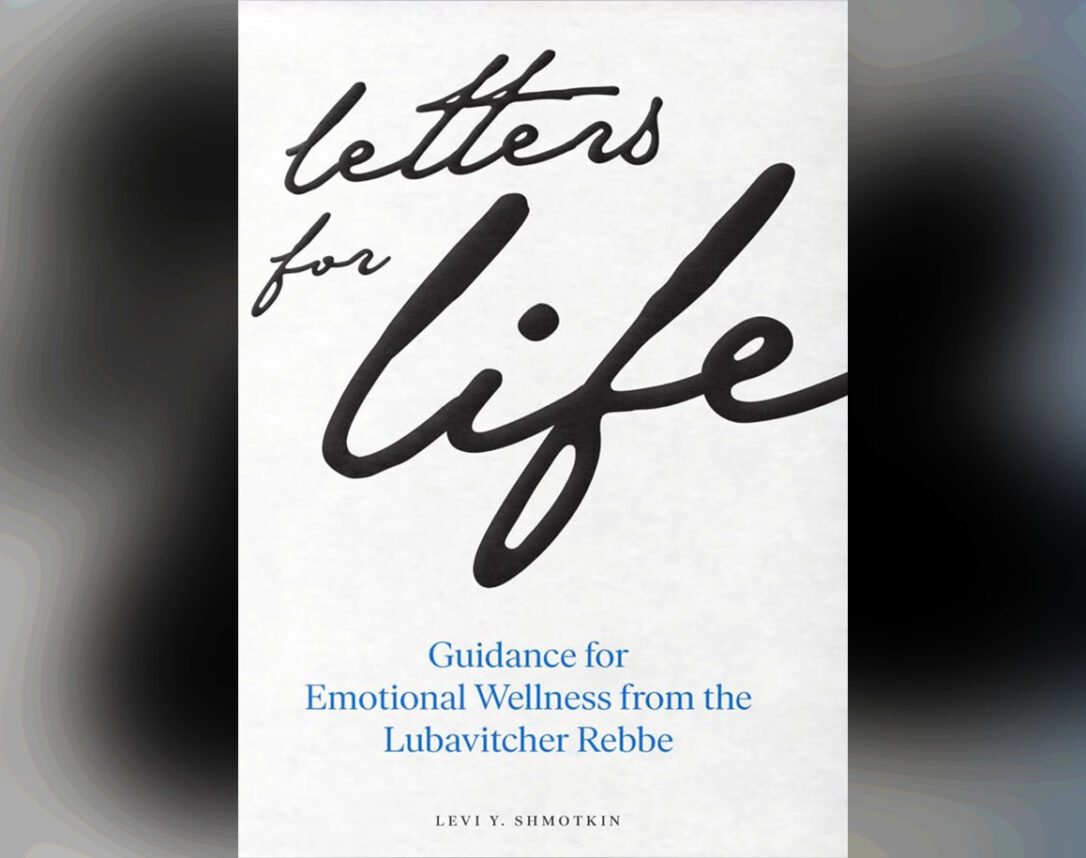

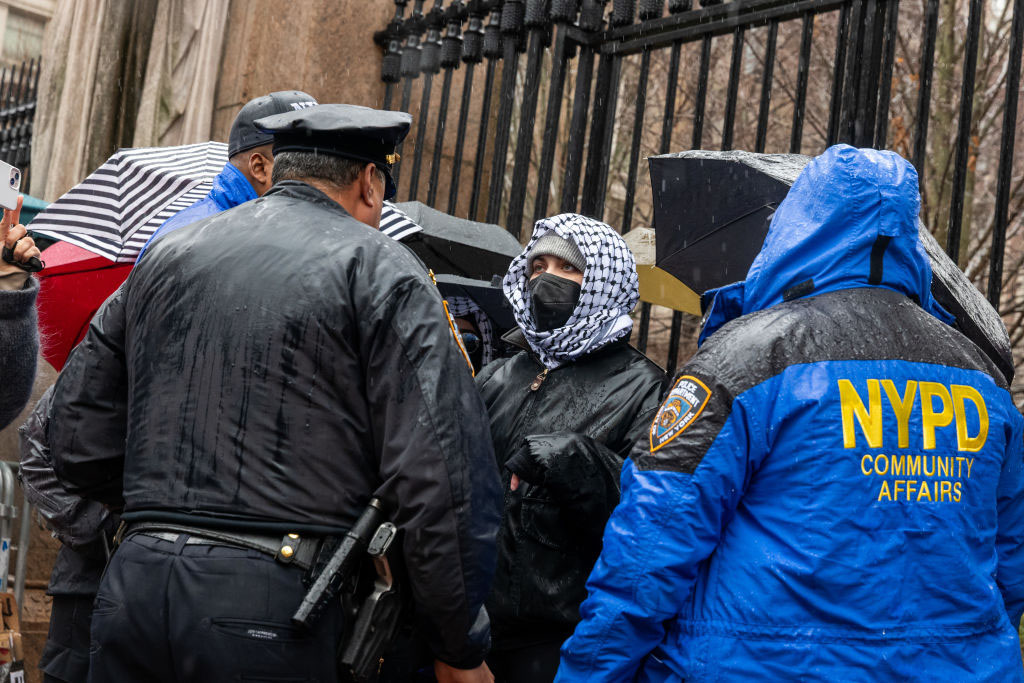
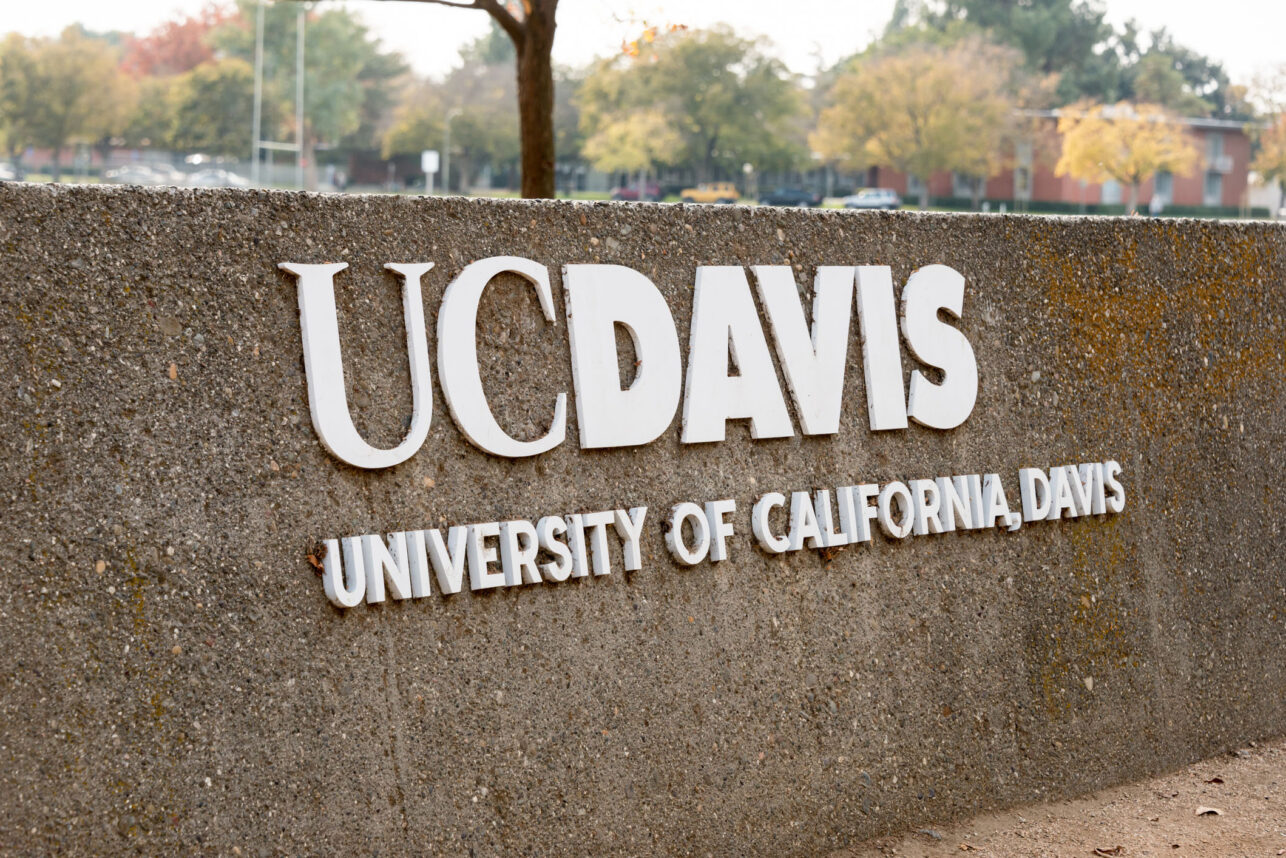
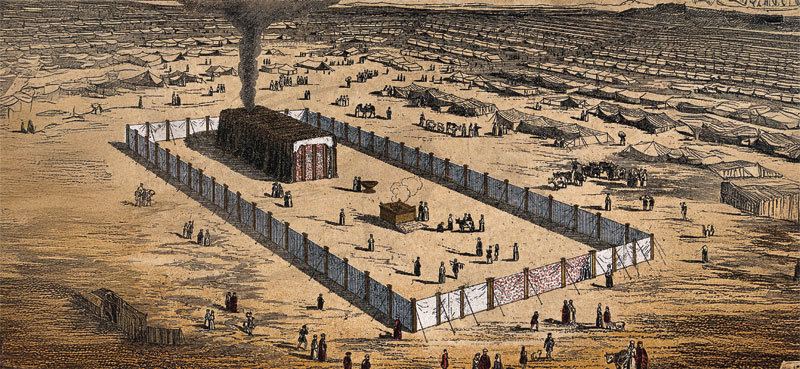
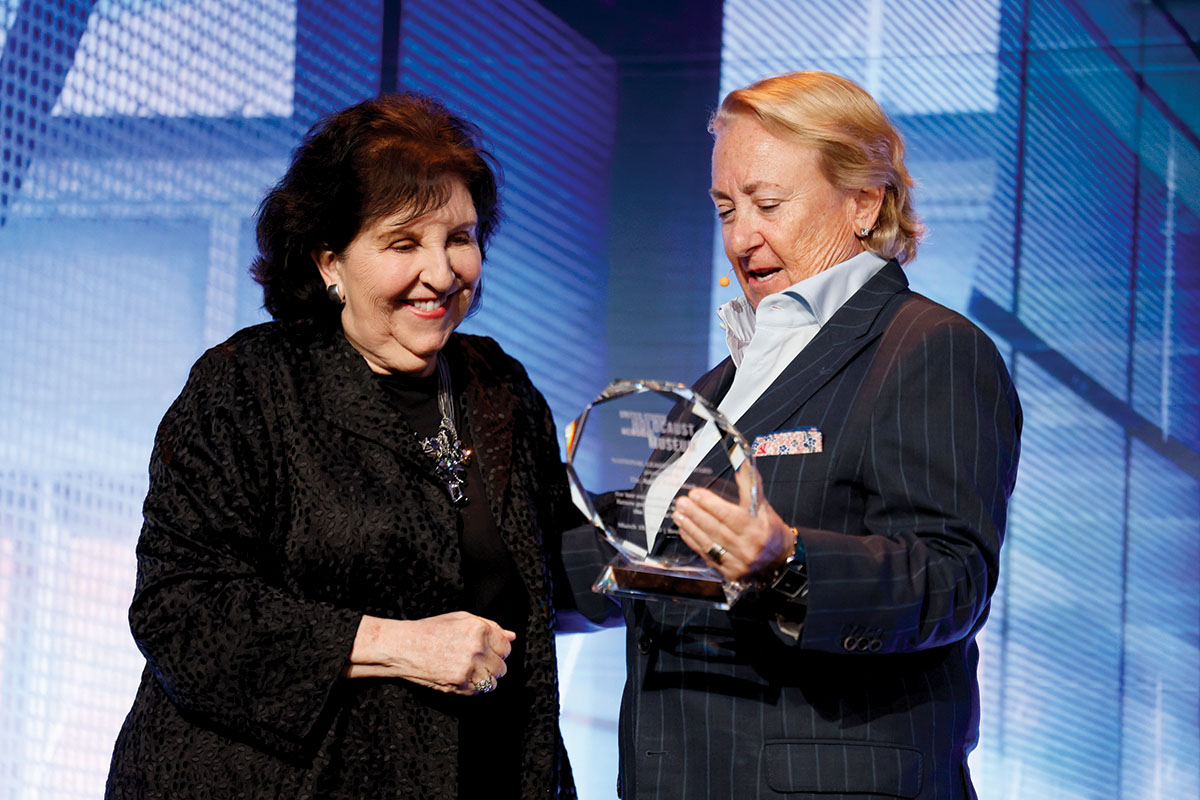

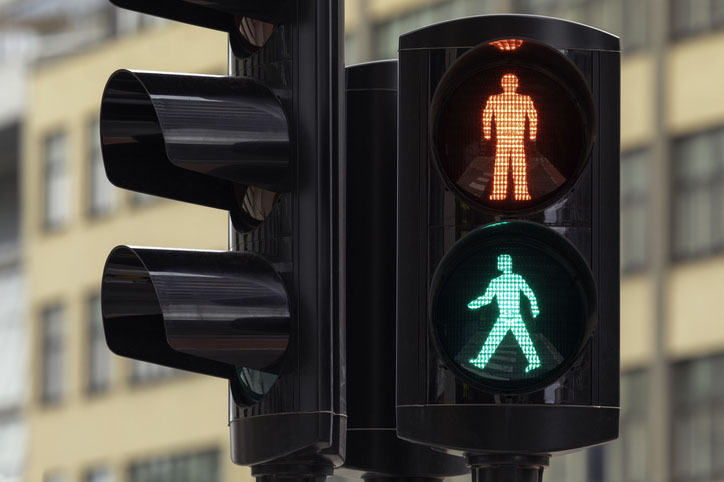
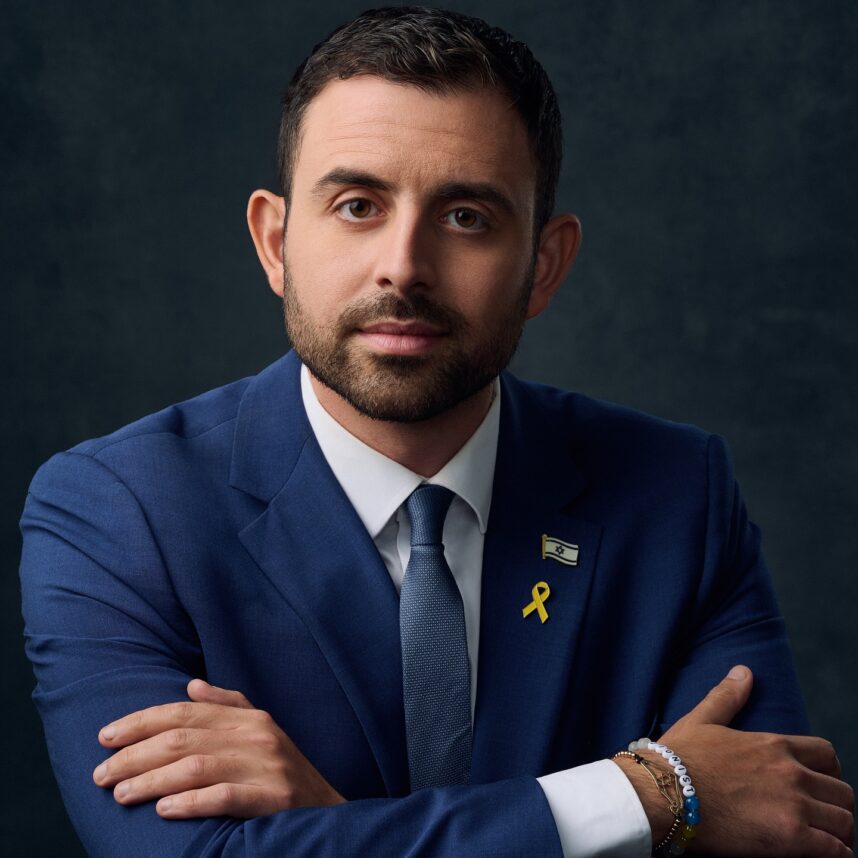
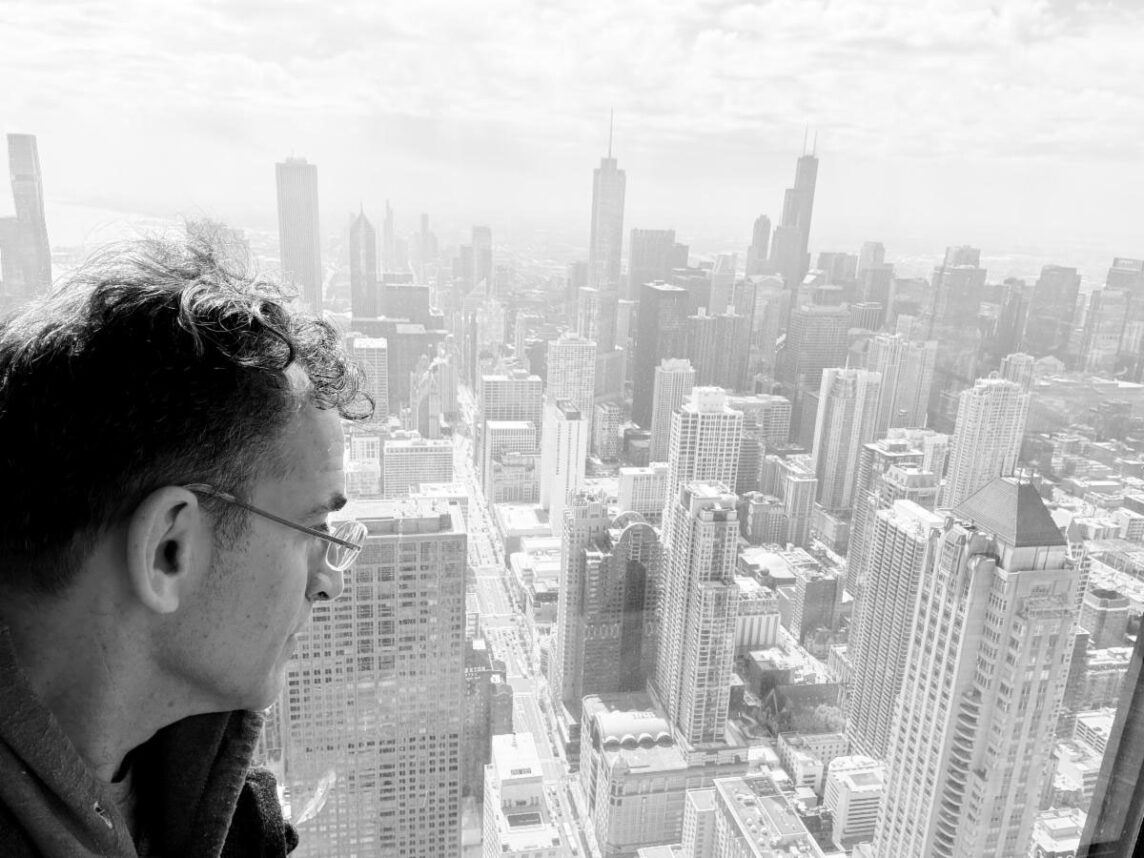






 More news and opinions than at a Shabbat dinner, right in your inbox.
More news and opinions than at a Shabbat dinner, right in your inbox.